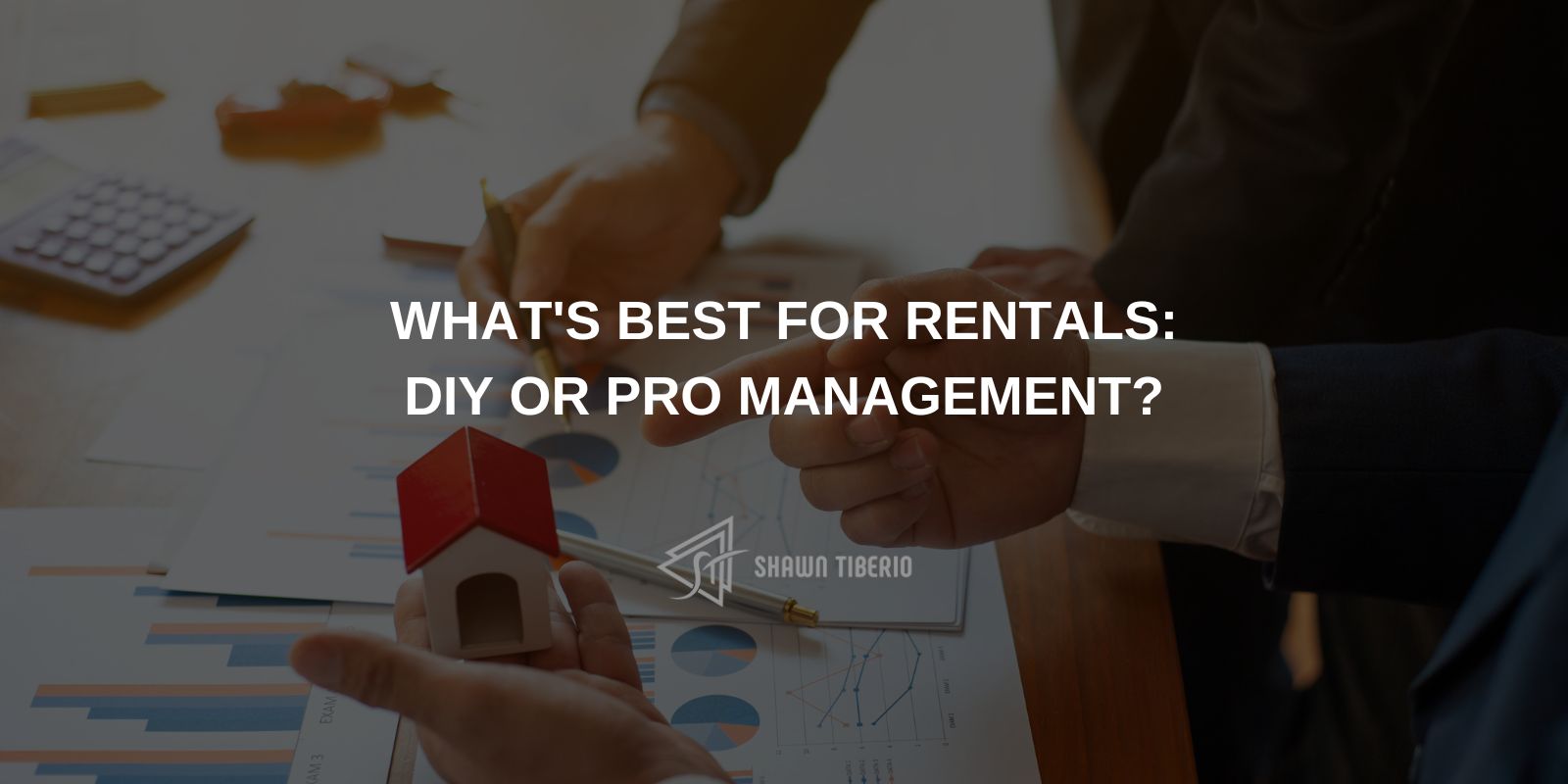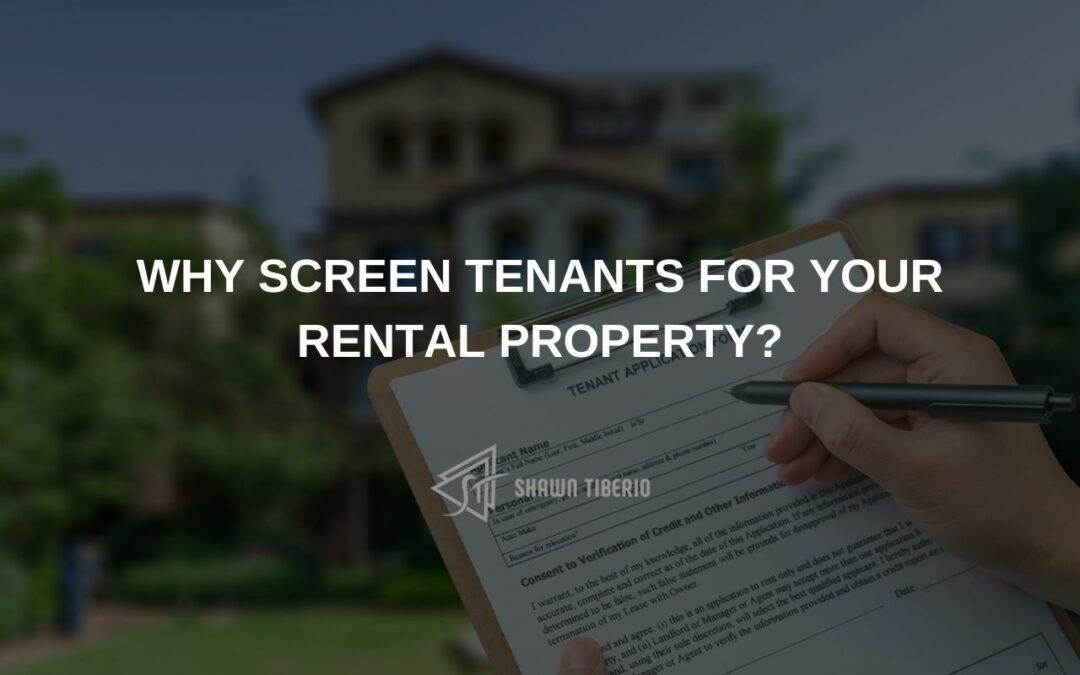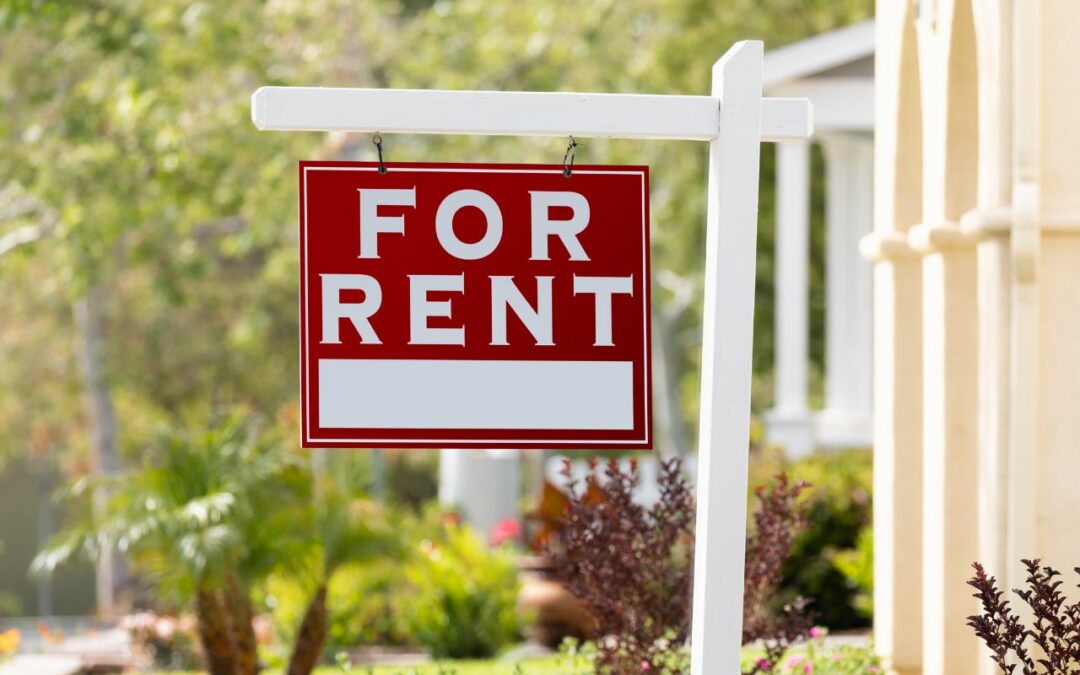When it comes to managing your rental properties, it’s crucial to weigh the options between DIY and professional management.
You might think handling it all on your own is the best way forward, but have you considered the long-term implications and benefits of professional expertise?
Let’s explore the intricacies involved in maintaining and maximizing your rental income to ensure you make the most informed decision for your properties.
Key Takeaways
- DIY management offers autonomy but risks legal issues and time constraints.
- Professional management enhances efficiency, market expertise, and cost savings.
- Balancing workload is crucial; professionals streamline tasks for better focus.
- Legal compliance, property regulations, and tenant management are vital considerations for both options.
Pros and Cons of DIY Management
When managing rental properties on your own, you have the autonomy to make decisions without external influence, but you also bear the full responsibility for property upkeep and tenant relations. One of the advantages of handling your rentals independently is the potential for significant time savings. By managing the properties yourself, you can streamline processes, respond promptly to tenant needs, and make quick decisions without waiting for approvals from a third party. This autonomy allows you to set your schedule for property inspections, maintenance tasks, and tenant screenings, maximizing efficiency and responsiveness.
However, along with the time-saving benefits come potential risks that you must carefully consider. As a DIY landlord, you’re solely responsible for all aspects of property management, including legal compliance, emergency maintenance, and tenant disputes. Without the support and expertise of a professional management company, you may find yourself overwhelmed by the demands of property ownership. Inadequate maintenance, delayed responses to tenant concerns, or legal missteps could lead to costly consequences and damage your reputation as a landlord.
In weighing the decision to manage your rentals independently, it’s essential to assess your ability to balance the time-saving opportunities with the potential risks involved. While autonomy can provide a sense of control and flexibility, it also requires a strategic approach to ensure that you effectively handle all aspects of property management without compromising on tenant satisfaction or property upkeep.
Benefits of Professional Management
Engaging a professional management company for your rental properties can lead to enhanced operational efficiency and optimized tenant satisfaction levels. Professional management firms bring a wealth of expert knowledge to the table, allowing them to navigate complex rental landscapes with ease. These companies have a deep understanding of market trends, rental laws, and effective property marketing strategies, all of which contribute to increased efficiency in managing your rental units.
By leveraging their expertise, professional management firms can streamline processes such as tenant screening, rent collection, property maintenance, and lease agreements. This not only saves you time and effort but also ensures that these tasks are carried out effectively, reducing the likelihood of issues arising down the line. With expert guidance, you can make informed decisions that align with your investment goals and maximize the potential of your rental properties.
Furthermore, professional management companies often have access to a network of trusted vendors and contractors, allowing them to secure quality services at competitive prices. This can translate to cost savings for you in the long run, as well-maintained properties tend to attract and retain high-quality tenants. Overall, the benefits of professional management extend beyond day-to-day operations, providing a strategic advantage that can enhance the overall performance of your rental portfolio.
Cost Comparison: DIY Vs. Pro
Compare the financial implications of managing your rental property independently versus hiring a professional management company to determine the most cost-effective approach for maximizing your returns.
When evaluating the cost comparison between DIY management and professional management, several factors come into play:
- Initial Investment:
- DIY: You’ll need to invest time and money in learning and acquiring maintenance skills or hiring individual contractors as needed.
- Pro: Professional management companies already have a network of skilled contractors and can often negotiate better rates due to their volume of business.
- Ongoing Maintenance Costs:
- DIY: You bear the full cost of repairs and maintenance, which can vary and be unpredictable.
- Pro: Professional management companies can provide cost savings through their established relationships and bulk service agreements.
- Vacancy Management:
- DIY: You’re responsible for advertising, screening tenants, and dealing with vacant periods, which can lead to lost rental income.
- Pro: Professional management companies have marketing expertise and resources to minimize vacancies and maximize rental income.
- Time and Effort:
- DIY: Managing a property can be time-consuming and require constant attention to tenant needs and property maintenance.
- Pro: Professional management companies free up your time and reduce your effort by handling day-to-day operations efficiently.
Considering these factors, while DIY management might seem cost-effective initially, the long-term cost savings and benefits of professional management, including access to maintenance skills and resources, could potentially outweigh the initial savings.
Time and Effort Considerations
To optimize rental property management, evaluating the time and effort required is crucial for ensuring operational efficiency and maximizing returns. Efficiency in managing rental properties is directly linked to the workload balance you maintain. When deciding between DIY management and professional property management services, consider the amount of time and effort each option demands.
DIY management may seem cost-effective, but it can consume a significant portion of your time. From marketing the property and screening tenants to handling maintenance requests and addressing tenant concerns, the workload can quickly pile up. Without a proper system in place, you might find yourself overwhelmed, leading to decreased efficiency and potential burnout.
On the other hand, professional management services can streamline these tasks, allowing you to focus your time and effort on other ventures or personal pursuits. While it comes at a cost, the benefits of reduced workload and increased efficiency can outweigh the expenses. Professional property managers have the experience and resources to handle day-to-day operations efficiently, ensuring that your property is well-maintained and tenanted, ultimately maximizing your returns.
When considering time and effort in rental property management, strive for a balance that promotes efficiency while maintaining a manageable workload. Whether you choose the DIY route or opt for professional management, finding the right balance is key to success in the rental property market.
Legal and Compliance Responsibilities
When managing rental properties, understanding lease agreement compliance, eviction laws, and safety regulations are crucial.
Ensuring that you’re well-versed in these legal and compliance responsibilities can help you avoid costly mistakes and potential legal issues.
Lease Agreement Compliance
Ensuring compliance with the terms outlined in the lease agreement is crucial for both landlords and tenants to uphold their legal and compliance responsibilities efficiently.
When it comes to lease agreement compliance, consider the following key points:
- Tenant Screening: Conduct thorough background checks to ensure tenants meet the necessary criteria.
- Property Maintenance: Regularly inspect the property to address maintenance issues promptly.
- Rent Payments: Ensure tenants adhere to the agreed-upon rent payment schedule.
- Rules and Regulations: Clearly communicate and enforce rules regarding property use and tenant conduct.
Eviction Laws Knowledge
Understanding eviction laws is paramount for landlords and tenants to navigate legal and compliance responsibilities effectively in the rental property sector. Landlords must be well-versed in the eviction process and their rights to protect their property and investments.
Knowledge of eviction laws empowers landlords to take appropriate action when faced with difficult situations such as non-payment of rent or lease violations. By understanding the legal framework surrounding evictions, landlords can ensure a smooth and lawful eviction process while upholding their rights and obligations.
Being informed about eviction laws not only safeguards landlords but also provides clarity and protection for tenants, ensuring a fair and just process for all parties involved. It’s crucial for both landlords and tenants to be aware of the eviction laws to maintain a harmonious rental relationship.
Safety Regulations Understanding
To ensure compliance with safety regulations, landlords must meticulously assess and adhere to legal requirements for rental properties. Understanding regulations and safety measures is crucial for maintaining a secure environment for tenants. Here are four key points to consider:
- Regular Inspections: Conduct routine inspections to identify and address any safety hazards promptly.
- Proper Maintenance: Ensure that all safety equipment and measures, such as smoke detectors and fire extinguishers, are in good working condition.
- Documentation: Keep detailed records of safety inspections, maintenance activities, and any repairs made.
- Tenant Education: Provide tenants with information on safety protocols and emergency procedures to promote a safe living environment.
Making the Right Choice
Consider carefully weighing the costs and benefits of each option before making your decision. The decision-making process between DIY and professional rental management involves a thorough risk assessment. When opting for the do-it-yourself route, you take on the responsibilities of property maintenance, tenant screening, and legal compliance. This can be cost-effective initially but may lead to risks if you lack experience in these areas. On the other hand, professional management services offer expertise in handling these tasks but come with a price tag.
To make the right choice, start by evaluating your level of involvement and expertise. If you have the time and skills to manage rental properties effectively, DIY could be a viable option. However, if you prefer a hands-off approach and seek peace of mind knowing that experts are handling your investments, hiring professional management may be the way to go.
Furthermore, analyze the financial implications of each option. DIY may save you money upfront, but consider the potential costs of mistakes and the value of your time. Professional management services provide convenience and expertise, but it’s essential to compare their fees against the benefits they offer.
Ultimately, the decision hinges on your individual circumstances, risk tolerance, and long-term goals. Take the time to weigh these factors carefully before committing to either DIY or professional management for your rental properties.
Frequently Asked Questions
What Are Some Common Mistakes to Avoid When Managing Rental Properties Yourself?
When managing rental properties yourself, common mistakes can include:
- Inadequate tenant screening leading to problematic tenants
- Neglecting maintenance issues causing property damage
- Poorly drafted lease agreements leading to disputes
- Mishandling eviction processes resulting in legal issues
- Infrequent property inspections missing damages
- Inconsistent rent collection impacting cash flow
- Ineffective communication with tenants causing misunderstandings
- Mishandling of security deposits leading to disputes
- Ineffective conflict resolution escalating tenant issues.
How Can Professional Property Management Companies Help Landlords Attract and Retain Quality Tenants?
To attract and retain quality tenants, professional property management companies excel in tenant screening, ensuring reliable occupants. They handle maintenance coordination promptly, enhancing tenant satisfaction.
Lease enforcement is rigorously managed, promoting adherence to terms. Market analysis guides strategic decisions, optimizing rental income.
Are There Any Hidden Costs Associated With DIY Property Management That Landlords Should Be Aware Of?
When managing properties yourself, hidden costs can creep up, leading to unexpected expenses. Risks involved include overlooking maintenance issues that could escalate, resulting in costly repairs.
Hiring a professional property management company can help mitigate these risks by providing regular maintenance checks and proactive solutions. In the long run, the upfront investment in professional management may save you money and stress associated with unforeseen expenses.
How Does the Level of Experience and Expertise Differ Between DIY Management and Professional Management Companies?
When comparing DIY management to professional companies, the level of experience and expertise varies significantly. DIY challenges often stem from limited industry knowledge and time constraints.
In contrast, professional management companies boast seasoned experts with in-depth understanding of market trends and legalities, providing a valuable edge. Harnessing this expertise can lead to smoother operations and potentially higher returns on your rental investment.
What Are Some Key Legal and Compliance Responsibilities That Landlords May Overlook When Managing Their Own Rental Properties?
When managing your rental property, it’s crucial to address legal obligations and compliance requirements. Landlords often overlook key responsibilities in these areas, which can lead to risks and liabilities.
Ensuring proper risk mitigation and staying on top of property maintenance are essential for success. By understanding and fulfilling these duties, you can protect your investment and maintain a positive landlord-tenant relationship.
Final Thoughts
Ultimately, when it comes to managing rentals, the decision between DIY and professional management boils down to efficiency, effectiveness, and economics.
While the allure of saving money may sway some towards the DIY route, the data overwhelmingly supports the advantages of professional management in terms of maximizing rental income, minimizing vacancies, and ensuring legal compliance.
Therefore, for those seeking success and security in their rental investments, the strategic choice is clear: opt for professional management for peak performance and profitability.












